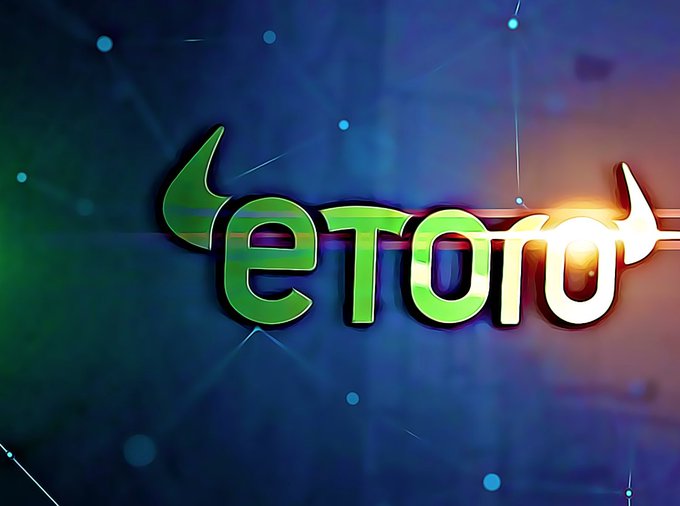 Popular trading app eToro announced last night that it would be delisting certain cryptocurrencies for its U.S. users. According to a written statement, Cardano (ADA) and Tron (TRX) will no longer be available for opening new positions after December 31. Additionally, crypto wallets on the platform will only allow withdrawals until the first quarter of 2022, followed by the implementation of selling limits. This decision has left investors and industry experts pondering the underlying reasons behind eToro’s move.
Popular trading app eToro announced last night that it would be delisting certain cryptocurrencies for its U.S. users. According to a written statement, Cardano (ADA) and Tron (TRX) will no longer be available for opening new positions after December 31. Additionally, crypto wallets on the platform will only allow withdrawals until the first quarter of 2022, followed by the implementation of selling limits. This decision has left investors and industry experts pondering the underlying reasons behind eToro’s move.
While eToro has not explicitly stated the motivations behind the delisting, some speculations point towards the regulatory landscape in the United States. Cryptocurrency regulations have been a topic of intense debate and scrutiny, with regulatory bodies like the U.S. Securities and Exchange Commission (SEC) closely monitoring the industry. According to a report by Fortune, the SEC has recently categorized four cryptocurrencies, including Cardano and Tron, as securities. This classification could potentially have influenced eToro’s decision.
The move has sparked a range of opinions and interpretations within the crypto community. Some argue that eToro’s decision reflects the mounting regulatory pressure on the industry, forcing platforms to adjust their offerings to comply with evolving rules. Others contend that the delisting is a precautionary measure by eToro to mitigate potential legal risks and ensure compliance with securities regulations in the U.S.
While eToro’s decision may disappoint investors who had vested interests in Cardano and Tron, it is essential to note that the platform’s move does not reflect a broader industry trend. The crypto market remains dynamic and diverse, with numerous other platforms and exchanges continuing to support a wide array of cryptocurrencies.
As the crypto space continues to evolve, regulatory uncertainties and compliance challenges are likely to persist. It remains to be seen how other platforms will navigate this changing landscape and adapt their offerings to comply with evolving regulations while still meeting the demands of their users.
eToro’s decision to delist Cardano and Tron for its U.S. users has raised questions and sparked discussions within the crypto community. While the exact reasons behind the delisting remain undisclosed, regulatory considerations, particularly the recent classification of these cryptocurrencies as securities by the SEC, are seen as potential factors. As the crypto industry grapples with regulatory challenges, it is crucial for investors and stakeholders to stay informed about the evolving landscape and make informed decisions regarding their investments



